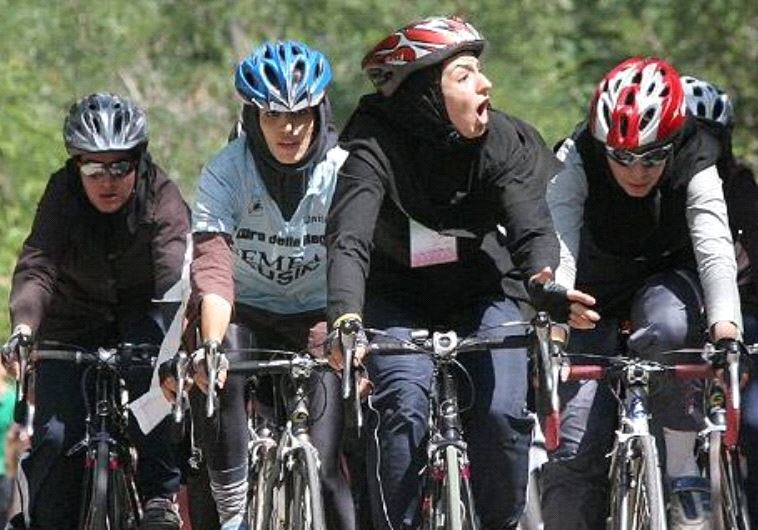Biking against the ban: Iranian women defy female cycling fatwa
Women in Iran risk prosecution if caught contravening the ban, which was issued by ayatollah Ali Khamenei.
 MY STEALTHY FREDDOM FACEBOOK (photo credit: MY STEALTHY FREDDOM FACEBOOK PAGE)Updated:
MY STEALTHY FREDDOM FACEBOOK (photo credit: MY STEALTHY FREDDOM FACEBOOK PAGE)Updated: